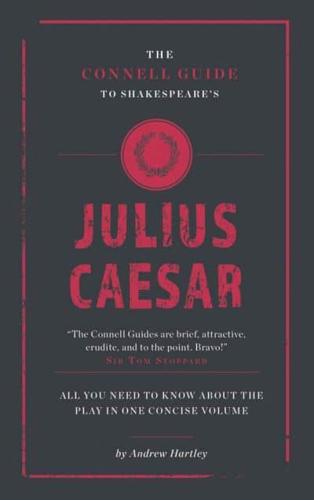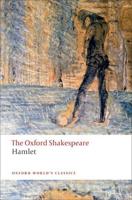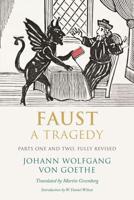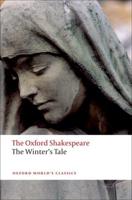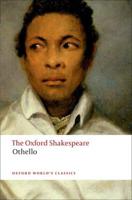Publisher's Synopsis
By 1599, when he wrote the play, he had penned only two experimental tragedies (Romeo and Juliet and Titus Andronicus), neither of which had the profound richness of those he would write next-Hamlet, Macbeth, Othello, and King Lear. There is a scale to Caesar which is unmatched by anything he had written before it and it lays the groundwork for the master works to follow. As such, it stands not just at the turn of the century, but at the point in which its author emerged as the language's foremost writer. Our sense of the play has evolved over the centuries, and we tend to be less overawed by all the characters' claims to personal nobility and quicker to see the darker side of their political machinations. We are also less likely to see the Roman model of life and virtue as something being offered up for emulation. Indeed it now seems to most critics that Shakespeare was deeply critical of ancient Rome, seeing much of what its characters celebrate as principle as the root cause of all that goes wrong in the play. But that is the nature of scholarship and the theatre-each period finds in the play what interests it most-Julius Caesar remains a powerful study in political gamesmanship, the morality of assassination, and the ways in which people build a sense of who they are.
